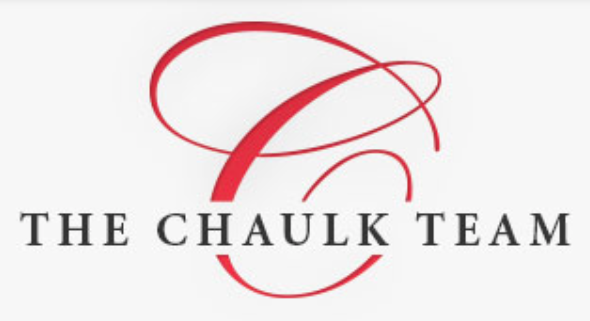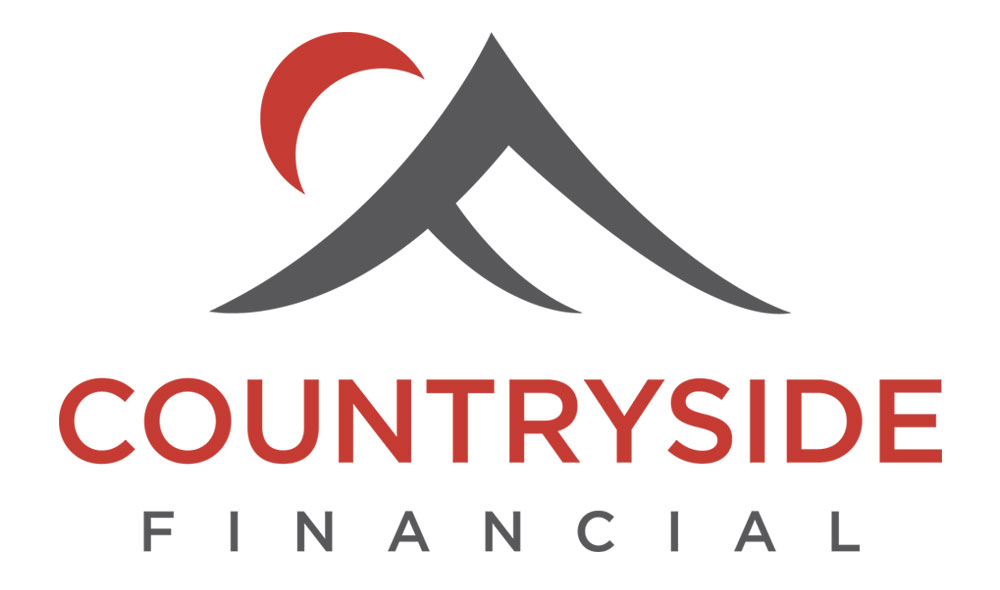CONSIDER A PRE-LISTING HOME INSPECTION & THE IMPORTANCE OF AN UP TO DATE REAL PROPERTY REPORT
Home Inspections – Buyers Inspections and Seller Pre-Listing Inspections
With the 2022 real estate market showing signs of ongoing strength carrying over from the vibrant 2021 market, we may see offers this year where buyers may need to limit conditions to compete and some buyers may even waive a home inspection.
In most cases buyers will want to have a home inspection and what they reveal can be very important in whether a sale is stalled, aborted or completed. A home inspection, which usually occurs after a buyer has made an offer, is meant to be an objective analysis of a home’s condition.
Inspections aren’t a big financial burden. For example, a review of a 2,000 square foot home typically costs around $500 – $600, with the buyer footing the bill. But what can make an inspection so stressful is that a long list of trouble signs can sabotage a deal. And sometimes sellers complain that some of the inspectors themselves are overly zealous. Also, sometimes a seller may not even be aware of a problem until an inspection highlights it. However, it makes absolute sense to have a qualified inspector take a thorough look at any home that a buyer is about to purchase. Many inspectors used to work in construction, or still do, and their expertise can provide vital information that is not apparent to the average prospective buyer. It also results in a preventative maintenance guide into the future for the buyer to properly look after their new home.
A thorough professional will look at the foundation and the framing and dry walling to make sure nothing is cracked, warped or rotting, and examine the roof for problems with shingles and gutters. Inspectors will also look for plumbing leaks, make sure the water heater, wiring, heating systems and fireplaces are properly operating and safe and to code, check appliances and many other items. Some have the equipment to do initial air quality testing for mold, carbon monoxide leaks etc.
So what constitutes going too far? A less helpful inspector might dwell on things like minor surface mold, chipped paint, cracked electrical plates or other superficial problems, or present buyers with a long litany of issues, with no context about their relative importance and no estimate of the cost of fixing them and create unnecessary paranoia about the home.
However, from a buyer’s viewpoint, most would prefer that they are dealing with an over-zealous inspector telling them everything he found and then they can make their decision on what to ask the seller to repair or what they can live with, hopefully based on reasonable expectations for mainly any major issues that might be uncovered. A buyer needs to remember that they are not buying a brand new home and that there are always going to be ongoing maintenance issues that need to be undertaken as a homeowner. As a buyer, one needs to be appreciative that when you get your home inspection report you will likely have a list of little things that you may need to undertake sooner or later to keep the property in good condition but don’t expect the seller to fix every little dent or scratch, so to speak.
However, a buyer must certainly rely on a home inspection report that brings to light serious concerns that are more than minor maintenance issues. For instance, in some cases there may be an urgent need for a new roof or at least roof repairs. In another, a case of broken window seals that are not visible to the naked eye and which could mean a very expensive replacement cost for windows. When these kinds of issues arise, it will be important to know whether the property has been listed at a price that has taken these issues into consideration or not.
That is why I personally feel it is a very prudent idea for a seller to consider doing their own home inspection ahead of bringing their property to the market.
That way a truly accurate value can be placed on the home and a decision made as to whether to undertake certain repairs or replacements ahead of the selling process. I have been involved in so many transactions where the stress of having to deal with dormant, unattended ‘to do’ list of issues becomes a major issue in being able to resolve a dispute about a reduction in the selling price or the seller being required to fix the issues anyway. Furthermore, buyers often estimate items to be repaired or replaced at higher costs than they should be if repaired for by the seller before listing.
The home inspection profession is an unregulated industry, except in British Columbia and Alberta. As well there is a national home & property inspection organization called CAHPI that offers its designation to home and property inspectors who have met their requirements of provincial/regional associations and allowed to use the term “Registered Home Inspector”.
The Alberta Government webpage has this to say about choosing you home inspectors:
When hiring a home inspector, make sure to:
- Ensure the home inspector and home inspection business are licensed by the Government of Alberta
- Ensure the home inspection business is bonded and has errors and omissions insurance
- Ask the home inspector about his or her educational background, experience and qualifications
- Ask the home inspector about their familiarity with the current Alberta Building Code
A home inspector must provide a written contract. The contract must include:
- The name, license number and contact information of the home inspection business
- The name and license number of the home inspector
- The address of the home to be inspected
- The date of the contract
- The date of the inspection
When you will receive the completed home inspection reportThe home inspector must provide you with a written home inspection report. The report must provide information about all items included in the contract, and must be delivered on or before the date stated in the contract.
One other point is worth mentioning. When a buyer pays for a home inspection report, they do not have to share the report with the seller unless they are not removing the home inspection condition. In this situation the seller has a right to view the inspection report to ensure the reason for not removing the inspection condition is based on legitimate items as noted in the inspection report.
Real Property Reports
When you purchased your acreage or city home likely you received a Real Property Report as part of closing documents. If so it is important to ensure it is up to date reflecting any changes or additions you have made to your home and property since you have owned it. If you have expanded decks, built a patio, added fencing, added a detached garage, quonset or shed you will need to have your RPR updated to reflect these changes and attain a new Certificate of Compliance from the MD offices.
Once again, in an active market where decisions are being made faster on purchases, possibly with competing offers, any documentation on a listing that is current and reduces questions and concerns from purchasers such as the status of condition of a home and related documentation speeds up the purchase decisions.
Please connect with me if you would like to discuss any aspect of this article further or you would like an evaluation on your property if you are considering selling this year.
Wayne Chaulk
Real Estate Agent
www.chaulkrealestate.com
























